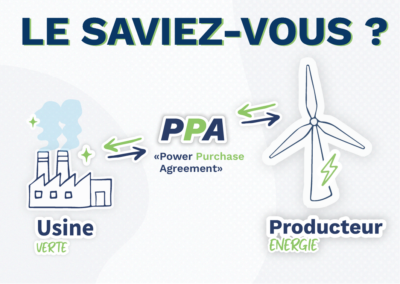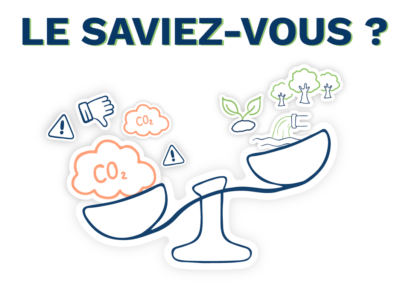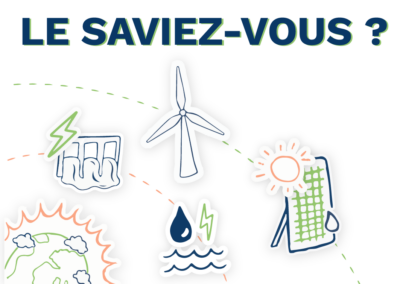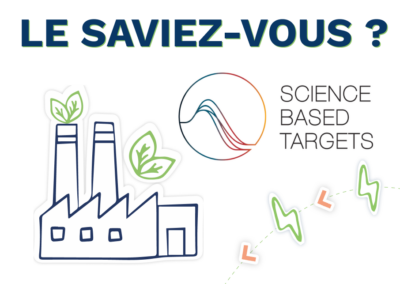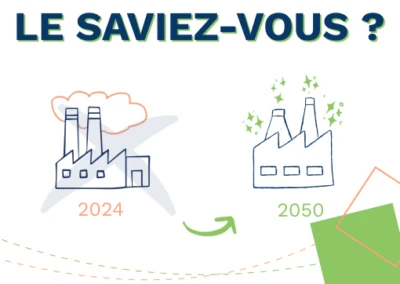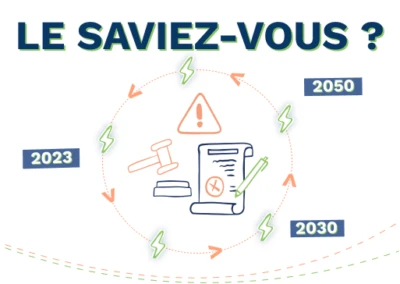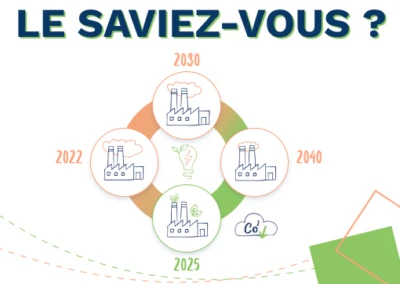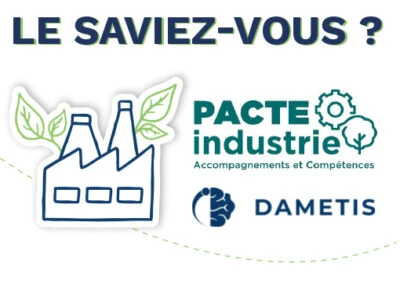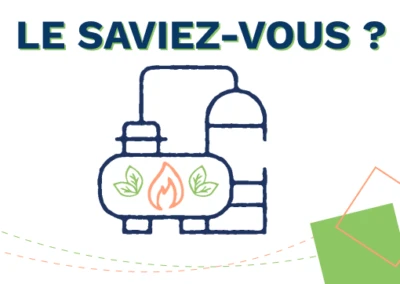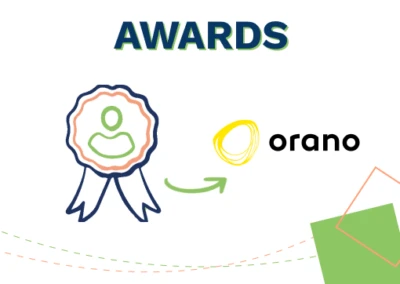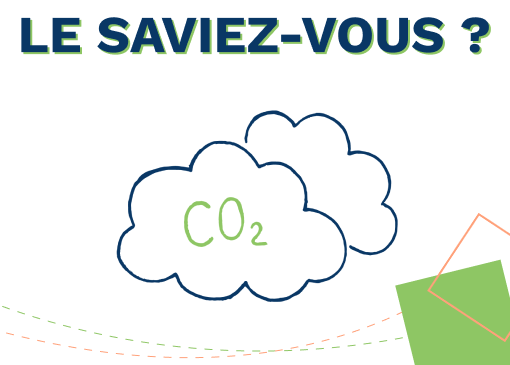
Decarbonation or decarbonization? What is the difference and which term should be preferred?
Decarbonation or decarbonization: technically synonymous
Decarbonation or decarbonization: definition
Decarbonization is the process of reducing carbon emissions. This term can be applied at the level of a company, industry, or country. This includes:
-
- Measures aimed at reducing the use of hydrocarbons
- Reducing greenhouse gas emissions through filtration and transformation
And decarbonization? The definition is the same. So, is there any interest in considering whether to use decarbonation or decarbonization? Depending on the situation, the use of “decarbonation” will be preferred, while the use of “decarbonization” will help avoid misunderstandings.
Decarbonization, a term derived from English
Decarbonization is the English term that has entered the French vocabulary and has been translated as decarbonation. Institutionally, some stakeholders advocate the use of decarbonation rather than decarbonization to favor the French language over anglicism. Others recognize the interchangeable use of both expressions as correct and legitimate. The French Academy has not resolved the issue.
If you consistently use “decarbonation” in France, you will always be “technically” correct. However, be careful of misunderstandings when interacting with English-speaking colleagues or prospects.
Decarbonization or decarbonisation with English speakers?
Emphasizing Decarbonization to English-speaking Stakeholders
As mentioned earlier, decarbonisation comes from the English “decarbonisation”, also spelled “decarbonization” in the United States. Internationally, most people will be more familiar with the term “decarbonisation”.
However, the term decarbonation also exists in English, but the two words do not mean the same thing. It is a false friend, not a transparent word. This means that it is similar, or even identical to a French word, but has a different meaning. The translation of “decarbonation” from English is “décarbonatation”. This is why today, some spell checkers incorrectly suggest “décarbonatation” as a correction for “decarbonation”, as mentioned earlier.

Definition of decarbonation, translation of “decarbonation” from English
Decarbonation is the process of removing carbonates from soil or water to make them less alkaline. This term has nothing to do with decarbonation or decarbonization in French. However, if you use the word decarbonation with English speakers, they may not understand the meaning of your sentence. Or, if they do understand, they may assume that you have made a mistake, affecting your credibility.
For English speakers, we recommend using “decarbonization”, which will ensure that you are always understood.
What is most sought after by Internet users: decarbonation or decarbonization?
“Decarbonation” more popular than “decarbonization” since September 2020
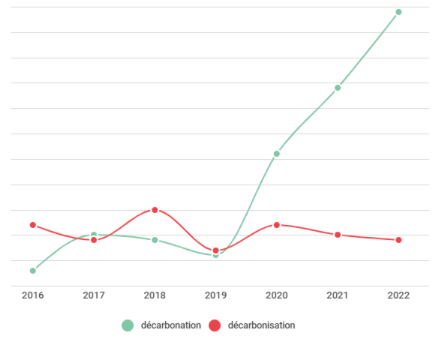
The “France Relance” project, the beginning of the “decarbonation” plebiscite rather than “decarbonization”.
“France Relance” is a €100 billion recovery plan focused on “ecology, competitiveness, and cohesion.” As part of this recovery plan, on September 9, 2020, the Ministry of the Economy, Finance, and Recovery launched a call for projects for the decarbonization of industry within the framework of “France Relance.” The use of the term “decarbonation” in a government project has generated enthusiasm for this theme and has allowed the term “decarbonation” to prevail over the term “decarbonization.”
Using “decarbonation” will therefore allow you to be “correct” in the eyes of most French-speaking counterparts.









